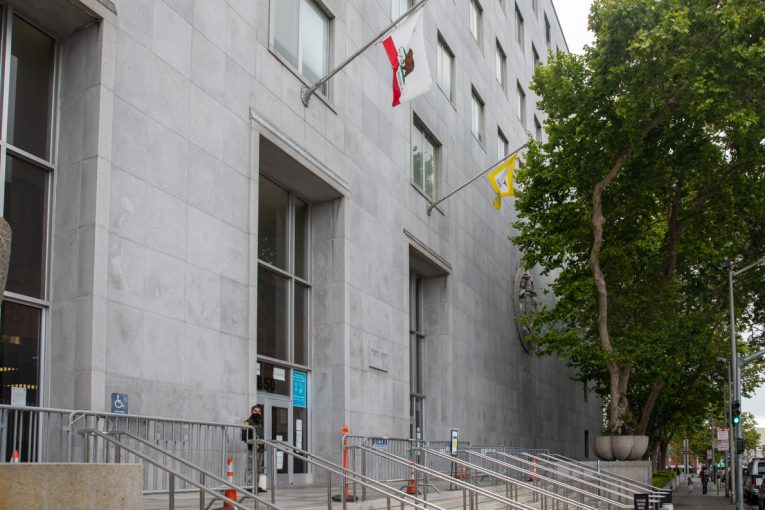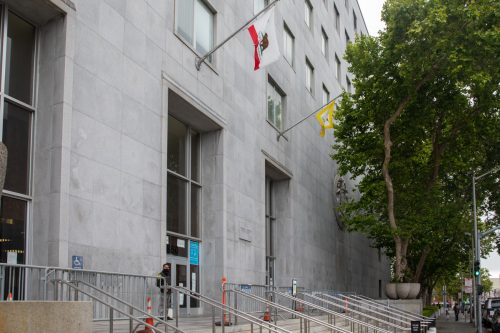

By Brinda Kalita
SAN FRANCISCO, CA – During a murder trial in San Francisco County Superior Court Tuesday, a forensic toxicologist claimed drug tests he had conducted to determine the cause of the victim’s death didn’t necessarily prove the drugs in the body killed the victim or were administered by the accused.
In 2019, the accused allegedly tortured and murdered a 23-year-old man, and disposed of the man’s body in San Francisco Bay. The accused is charged with murder, conspiracy, torture, kidnapping, battery with serious bodily injury, false imprisonment and drug offenses.
The accused was found by authorities who said they reviewed hotel records, and discovered video footage from the hotel room in which the accused and a co-perpetrator injected the victim with a mixture of drugs.
The cause of death of the victim is still unknown, according to the San Francisco medical examiner’s office. But, the prosecution argues the death was caused by a fentanyl overdose, because of descriptions of the drug and the video footage.
However, the expert witness and forensic toxicologist, Nikolas Lemos from the SF Medical Examiner’s office, stated it was impossible to tell what exactly caused the death of the victim purely based on the drug tests on the victim’s body.
Lemos testified tests were able to identify the drugs in the victim’s body as methamphetamine and amphetamine, fentanyl, cocaine, caffeine and alcohol.
But, because the body was decomposed in water when found, the toxicologist added much of the drug content in the body was decomposed already, making it difficult to interpret their presence in the body and if this presence would lead to severe intoxication at the time of death.
Another issue Dr. Lemos noted was that the levels of the drugs in the victim’s body that were found in the tests could be remnants of past experiences that the victim may have had with the drug, and not necessarily from the injection of drugs the accused may have administered.
Lemos noted the drug tests would have not been able to determine anything in regard to the victim’s death but they were still asked to conduct them.
Lemos also said one of the books entered into evidence as a guide to toxicology and for determining whether or not the victim was truly intoxicated at the time of his death was irrelevant to the case at hand because the body was submerged in water and the victim reportedly was a user of the drugs found in the body.
The trial will be ongoing throughout the week.